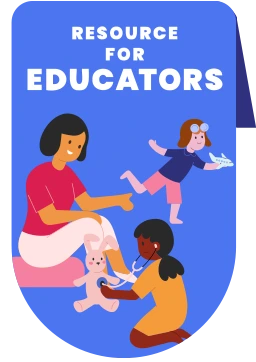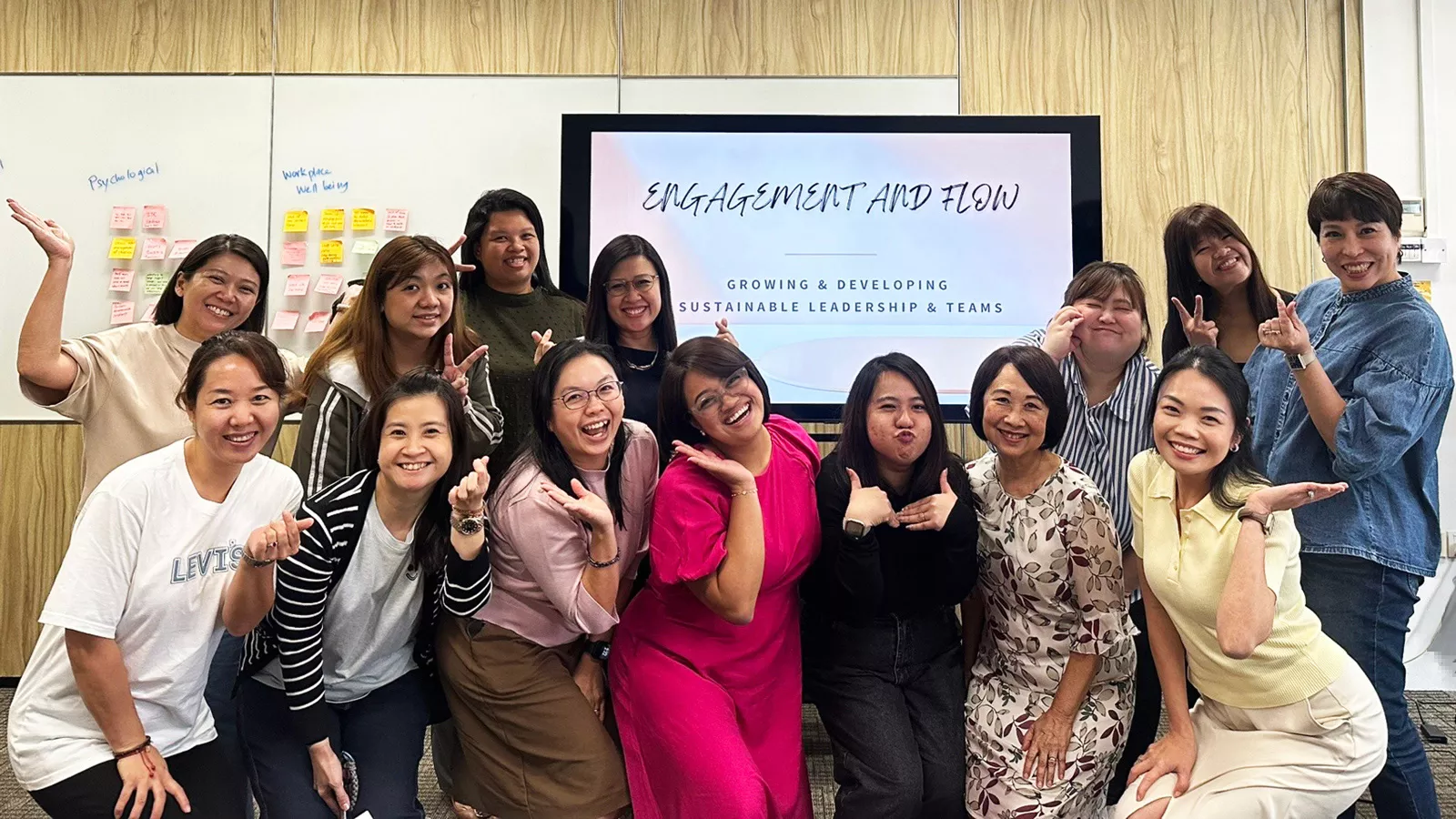ABOUT OUR EXPERT

Ms Lim is an ECDA Fellow and Senior Manager, Learning Support, NTUC First Campus. Her guiding principle as an early childhood (EC) leader is for all educators to succeed in their work and experience the same joy she had as a preschool teacher.
Co-teaching, where two language teachers take care of one class, is a common practice in preschools. It promotes bilingualism and allows EC educators to share knowledge and resources, leading to better teaching practices.
In theory, while responsibility is shared between both teachers, the reality is that tasks are not always evenly divided. The English teacher tends to shoulder a bigger load, simply because reports and communication-based tasks are usually written and conducted in English. There is a perception that English teachers take the lead and assume managerial roles, with Mother Tongue Language (MTL) teachers feeling excluded from leadership tracks.
Differences in communication styles, beliefs and expectations can also aggravate conflicts between co-teachers with different cultural backgrounds.
Being a former centre principal, ECDA Fellow Ms Rita Lim recalls refereeing disagreements and misunderstandings between co-teachers — and suggests how to deal with them.
 Positive relationships between English teachers and MTL teachers can enhance collaboration in the classroom.
Positive relationships between English teachers and MTL teachers can enhance collaboration in the classroom.
NURTURE A TEAM MINDSET
To foster a harmonious workplace culture, preschool principals must encourage all educators to see themselves as part of a team, instead of focusing on individual functions, rank or seniority.
“Each teacher has their own strengths,” emphasises Ms Lim. “As a centre leader, you must create opportunities for everyone to shine and feel valued.”
This can be achieved by providing roles for educators to take on that transcend language barriers. For example, let MTL teachers spearhead the planning and execution of centre events, or tap on their experience and interpersonal skills to mentor new teachers through parent engagement.
Principals can set the tone by taking the first step, adds Ms Lim. When new MTL teachers joined her team, the then principal made a conscious effort to connect with them by speaking their language and respecting their cultural customs. Gestures such as learning Tamil phrases and greetings, or texting Muslim colleagues “Mubarak Ramadan” during the fasting month, helped them feel appreciated.
“It is important to value people’s differences so that they know you care for them as teammates, not just for their roles,” she explains. “See the person before their function.”
Ms Lim also initiated conversations to help teachers recognise their common purpose (passion for children) and see one another’s perspectives (empathy). These attributes are represented in the acronym RIPPLE, as described in both the Skills Framework for Early Childhood and the EC Leadership Development Framework.








